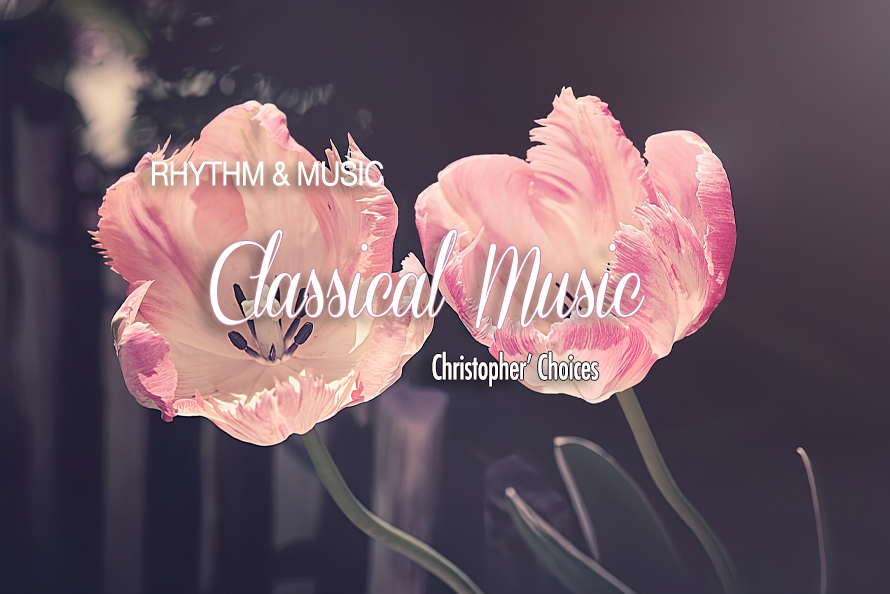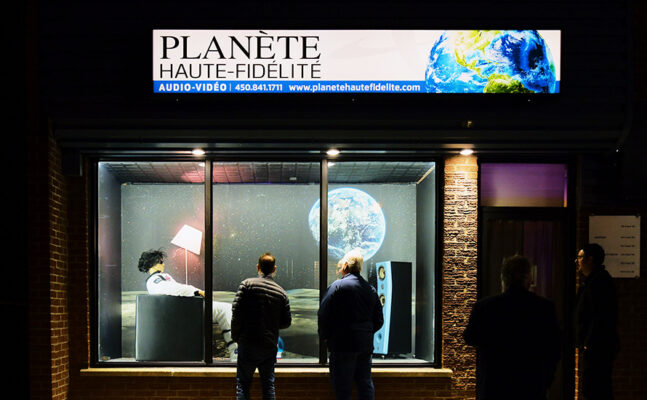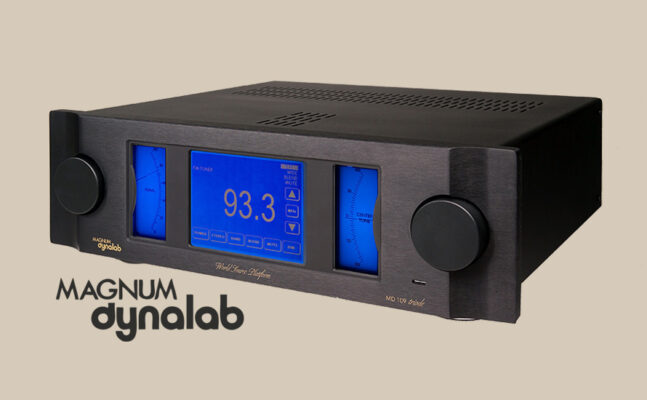 Record of the month March 2024
Record of the month March 2024
YANNICK NÉZET-SÉGUIN – METROPOLITAN ORCHESTRA
JEAN SIBELIUS
Symphonies Nos. 2 and 5.
Atma, ACD2 2453.
Interpretation: *****
Technique: *****
Even though he is conductor at the Metropolitan Opera and the Philadelphia Orchestra, Yannick Nézet-Séguin remains faithful to his Orchester Métropolitain, which he brings to a very remarkable level and with which he records important projects. A complete set of Bruckner‘s symphonies for Atma marked the beginning of their rise in the musical world. The Sibelius integral materializes its consolidation.
This volume is the most important, the one to which everyone will have their eyes turned, because it brings together the two best-known and most accessible symphonies. It is also the most spectacularly successful. Symphony No. 3 marked a turning point in the understanding of how to record the orchestra at the Maison symphonique de Montréal. We find this clarity and depth here. It greatly serves the musical purpose nourished by the attention to detail and the sense of construction and gradation. These interpretations are marked by a real breath that comes from a conscientious reading of the score and its mastery. It is more than remarkable and often exhilarating.
• • •
 Record of the month March 2024
Record of the month March 2024
RAFAEL PAYARE – MONTREAL SYMPHONY ORCHESTRA
RICHARD STRAUSS
With SONYA YONCHEVA (soprano).
Ein Heldenleben. Mahler: Rückert-Lieder.
Pentatone, PTC 5187201.
Interpretation: *****
Technique: *****
After a dazzling 5th Symphony by Mahler, which received a remarkable international critical reception, the OSM and Rafael Payare have chosen Ein Heldeleben (A Hero’s Life) by Richard Strauss for their 2nd disc. It is a spectacular orchestral score, where the composer puts himself on stage facing his critics, in his battles or with his partner.
Just like Mahler‘s 5th Symphony, Ein Heldenleben is appreciated by conductors who approach it as a sort of showcase of their work with their orchestra. The score is very spectacular, notably the famous Battle (Bataille), but it is also of suave beauty in the section of the Hero’s Peace Works (Oeuvres de paix du héros) which means that in the end we always keep the same versions or the same orchestras (Dresden , Berlin, Amsterdam, Vienna, Bavaria) because of the warmth and softness of the texture of the strings. Payare and the OSM have once again produced a biting and flamboyant but also superbly textured recording, with an experienced technical team: Martin Sauer and Carl Talbot associated with artistic direction and Richard King and Stéphane Brochu on sound recording. The strange idea of involving the belcantist Sonya Yoncheva in Mahler Lieder somewhat diminishes the impact of the CD. Yoncheva sings very well, but the German Lied is not in her blood.
The disc nonetheless remains a must.
• • •
ANTONIO VIVALDI
The four Seasons. Sovvente it soles. La Follia.
Julien Chauvin (violin and direction), Le Concert de la Loge, with Pierre-Antoine Bénos-Djian (countertenor).
Alpha, 1005.
Interpretation: ****
Technique: ****
What if we looked back at The Four Seasons? It’s been a while since there’s been a really interesting version to listen to! This one is. This is a small-scale performance (eight musicians), a system that works very well for several reasons. It must be remembered that the concert halls of Vivaldi‘s time were palaces. There is therefore no need for orchestral one-upmanship. Furthermore, in the balance of timbres, the fact of having a solo violin, a quartet, a double bass, a theorbo and a harpsichord allows these last two instruments to assert themselves more and to color much more judiciously, when necessary, musical discourse.
So it is, here, with the harpsichord, absolutely magical, in support of the slow complaint of the slow Autumn movement. Just as sweet: the raindrop effect under the solo violin in the 2nd movement of Winter. Interpretatively, Chauvin is distinguished by very refined ornamentation. As if his natural qualities were not enough, he thinks he is being clever by starting the cycle with Autumn rather than Spring and inserts an opera aria in the middle. But we put up with it. The little miracle is captured with exquisite finesse by Ken Yoshida‘s microphones.
• • •
CANADIAN RECORDS
Variations on a theme by Paganini and other works for piano.
Hyperion, CDA 68308.
Interpretation: *****
Technique: *****
This is starting to become known: Marc-André Hamelin is not only a keyboard magician, he is also a diligent composer who instills in his compositions the technical traps that he likes to tame, his tastes and his musical culture. He is lucky to record for Hyperion, a label very open to experimentation by its stars. After the compositions of Stephen Hough, here are those of Marc-André Hamelin and we immediately have fun gauging the way in which he will vary Paganini‘s 24th Caprice. We catch him slide in a tribute to the most glorious of his predecessors, Rachmaninov. This is no coincidence, because the culture of the pianistic and musical repertoire in general greatly nourishes his creative spirit (Diabellic Variation on a Beethoven Theme). We will listen with immense pleasure to the Suite à l’Ancienne or the Pavane Variée. But the Quebec pianist’s references are vast and Meditation on Laura (the film by Otto Preminger) will not fail to touch moviegoers in this pleasant and endearing disc.
• • •
MARC-ANDRÉ HAMELIN (PIANO),
NATHALIE FORGET (ondes martenot),
TORONTO SYMPHONY ORCHESTRA, GUSTAVO GIMENO.
Turangalîla-Symphony.
Harmonia Mundi, HMM 905 336.
Interpretation: ***
Technique: ****
Is it a coincidence that for their first release with Harmonia Mundi, Gustavo Gimeno and the Toronto Symphony chose Messiaen‘s Turangalîla-Symphonie which had propelled the Toronto-Seiji Ozawa tandem to notoriety in 1967? The comparison stops there. The Ozawa recording, whose memory has largely been forgotten and which awaits a serious reissue outside Japan, was sharp, scathing, determined, constructed, layered, patient. This one is good paste, nice, quite superficial, often a little rushed, with few edges, lacking that solemnity which is the style of Messiaen. Obviously Marc-André Hamelin and the ondist Nathalie Forget are excellent protagonists and the musicians are beyond reproach but there is no bias, no exaltation, no backbone and, if we know the competing versions from Ozawa, Chailly or Wit, we feel quite far from the unique musical and sensory experience promised by the publisher.
More to come soon …








